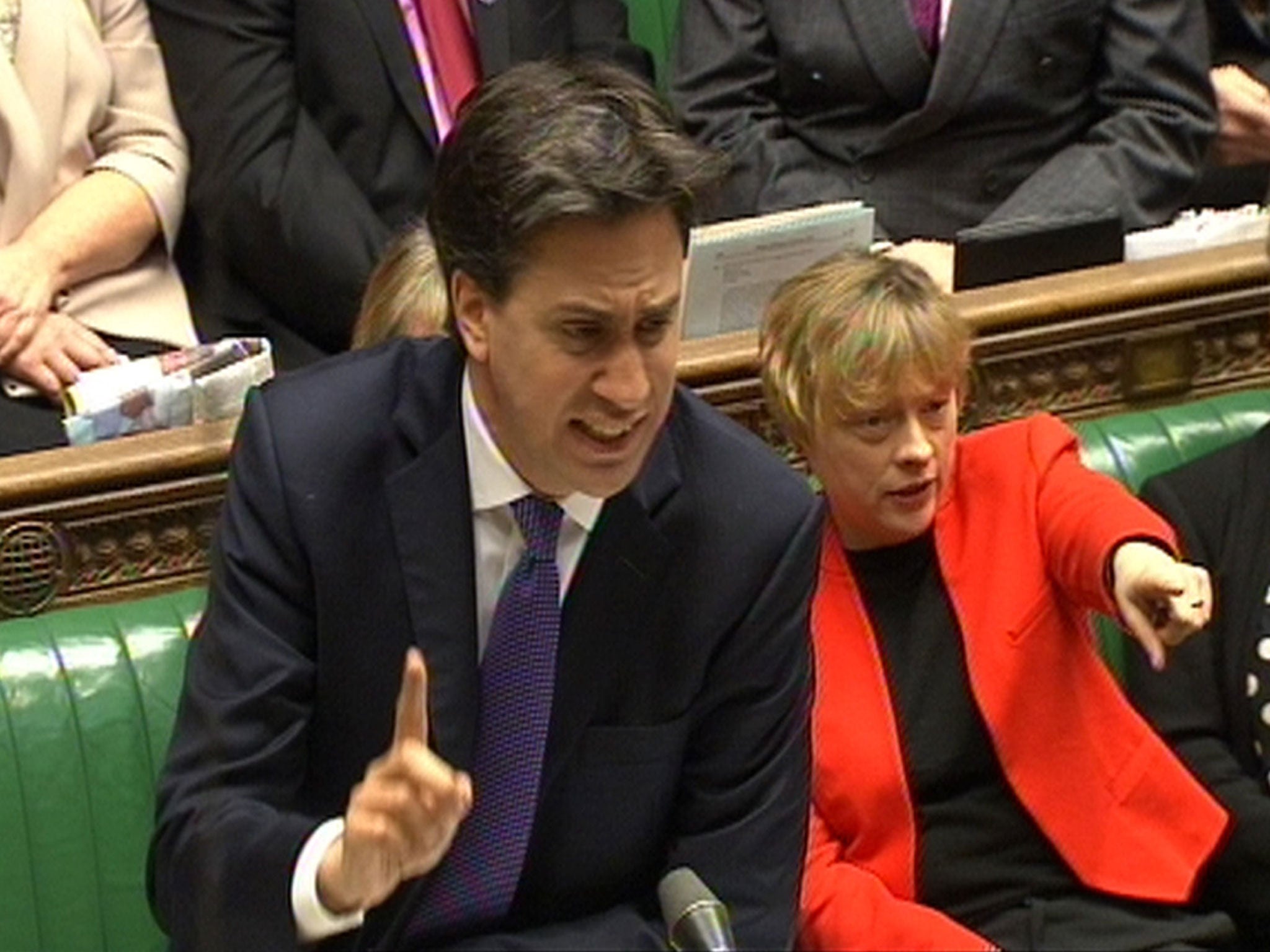Miliband plans to cut off the hand that fed him with ambitious plan to rob trade unions of their one-third share of Labour leadership vote

Trade unions would lose their one-third share of the vote when Labour elects its leader under a radical plan being proposed by Ed Miliband.
The Labour leader, who relied on strong union support for his wafer-thin victory over his older brother David to win his job in 2010, is ready to abolish the electoral college in which unions, MPs and party members currently have 33 per cent of the voting power. He wants future party leaders to be chosen in a “one member, one vote” ballot of party members, registered supporters and union members who “opt in” to supporting the party financially.
Mr Miliband hopes the historic change will be approved by a special Labour conference in London on March 1. But the move will be seen as a gamble and he may have to put his authority on the line to secure victory. At a time when relations between Labour and union bosses are strained, he will need to win some union support because the unions control 50 per cent of the votes at the conference, with the other half held by party members.
The proposed shake-up would also dilute the power of Labour MPs. To ensure a Labour leader enjoys significant support among them, one option is for them to hold a series of votes to whittle down a longlist of candidates to a shortlist of three or four names, which would then go into a ballot of party members and supporters. This would be similar to the system used by the Conservative Party, where MPs choose a shortlist of two, before members have the final say in a ballot.
Labour’s special conference has been called to discuss reforms to the party’s link with its union founders. Mr Miliband called for sweeping changes after Unite, the biggest union, was accused of rigging the contest to choose Labour’s parliamentary candidate in Falkirk, Scotland. Labour later dropped disciplinary action after some local party members withdrew their claims. Mr Miliband wants union members to “opt in” to paying the political levy to Labour rather than “opting out” as at present. But this has caused a rift with union chiefs, who are warning that only about one in 10 of their members will “opt in”, costing Labour millions of pounds in affiliation fees.
Mr Miliband wants union members who “opt in” and become “associate party members” to be the unions’ only say in leadership contests. There has been criticism that many political levy payers are not Labour supporters and should not have a role in choosing the party leader.
Yesterday Paul Kenny, general secretary of the GMB union, which has already announced a cut in its fees from £1.2m to £150,000 a year, said: “There were discussions taking place, which have broken down".
Senior Labour sources denied that, saying that Lord Collins, the party’s former general secretary, who is drawing up the reform plans, has not yet completed his work.
Mr Miliband’s allies denied his plan to scrap the electoral college was an attempt to distract attention from his reform plans running into trouble. Although the switch to “opting in” could take five years to phase in, Labour officials insist that would still achieve Mr Miliband’s aim of ensuring all union members have a choice about whether to back the party.
One Labour source said: “Ed has made clear he wants radical reform. Ray Collins has yet to publish his report and you get this sort of speculation emerging in public when detailed discussions are taking place in private.
"Ed has always been clear that the scale of his reforms mean there are likely to be consequences for other rules and structures in the Labour Party. He is proposing that we change the way we elect our leaders and discussions on party reform are continuing."
Lord Collins, who has been holding talks with union officials for months, will report to the party's national executive committee at its meeting on 4 February.
In 2010, Ed beat his brother by 50.65 to 49.35 per cent of the votes in the electoral college. David won in the MPs’ section by 17.812 to 15.552 per cent and in the members’ section by 18.135 to 15.198 per cent. But Ed sneaked over the finishing line with strong support among the unions, winning 19.934 per cent of their 33 per cent share to David’s 13.4 per cent.
Join our commenting forum
Join thought-provoking conversations, follow other Independent readers and see their replies
Comments